Ruqyah, or spiritual healing, is a significant practice within Islam, drawing its legitimacy from the Quran and the traditions of the Prophet Muhammad ﷺ. It serves as a direct means for a believer to seek protection and cure from physical, psychological, and spiritual ailments by turning to the words of Allah and authentic supplications.
While it is a powerful and recommended practice, its validity hinges on adhering to specific conditions that ensure it remains within the bounds of Islamic monotheism (Tawhid).
This guide outlines the essential principles that differentiate permissible Ruqyah from forbidden practices, explaining its core conditions and providing a step-by-step method on how to perform it correctly for oneself or others, ensuring that the ultimate reliance is placed solely on Allah, the true Healer.
Conditions for Ruqyah:
You should know the conditions for ruqyah and never treat it as a superstitious ritual or rely on it blindly. Scholars have outlined three essential conditions that make ruqyah permissible. If these are not met, the practice may fall into the forbidden.
1. The Words Must Have a Clear and Known Meaning
For a ruqyah to be valid, the words must be in a language whose meaning is clear and understandable—there should be no ambiguity. You cannot use symbols, codes, or words whose meanings are unknown or hidden.
This is why learning Quranic Arabic is so beneficial. You can take our Quranic Arabic classes online, so you can understand the Qur’an without great effort.
2. The Meaning Must Be Correct and in Line with Islamic Teachings
The supplication or verse must have a sound meaning and be free from anything that contradicts Islamic beliefs. It should not contain any phrases involving shirk, superstition, or calling upon anything other than Allah. The Prophet ﷺ said:
“There is no harm in ruqyah as long as it does not involve shirk (associating others with Allah).”Narrated by a Muslim
The Prophet ﷺ himself performed ruqyah and had ruqyah performed on him, and so did the Companions. As long as the ruqyah uses verses of the Qur’an or well-known, authentic supplications and does not contain prohibited content, it is permissible.
3. Belief That It Is a Means, Not the Cause
The person performing ruqyah must not believe it works by itself. Instead, they should firmly believe that ruqyah is only a means of healing, and the effect comes only by Allah’s will. If Allah wills, the healing will occur; and if not, it will not—no matter the words used.
If the ruqyah includes calling upon jinn, invoking someone’s rank or merit, or using cryptic symbols or unknown letters, then it becomes forbidden. The content must be clear, sound, and rooted in Islamic belief, and must never be relied upon as an independent power.
How To Perform Ruqyah?
Ruqyah is the practice of treating ailments through the recitation of the Quran and supplications from the Sunnah. It is a powerful form of healing that seeks blessings and cure directly from Allah (SWT). This guide outlines the proper method for performing Ruqyah for yourself or for others.
Essential Prerequisites: Preparing Mind and Body
Before beginning, it is vital to prepare yourself to ensure the Ruqyah is as effective as possible.
- Purity (Taharah): Begin by being in a state of ritual purity. It is highly recommended to perform wudu (ablution) as you would before prayer.
- Intention & Focus: Face the Qibla and cultivate a sincere intention in your heart. Your focus should be entirely on Allah, with full conviction that healing comes only from Him. Approach the act with humility and concentration.
The Core Method: How to Perform Ruqyah
The process is straightforward and can be adapted for self-treatment or for helping someone else.
- Identify the Area: Place your hand directly on the part of the body experiencing pain, illness, or discomfort.
- Recite with Supplication: While your hand is on the affected area, begin to recite. It is recommended to start by making a supplication for healing.
- Specific Recitations: The Sunnah provides specific guidance on what to recite.
- Recite Surah Al-Fātiḥah, repeating it seven times.
- Recite Ayat al-Kursi (Quran 2:255).
- General Recitations: It is also permissible and beneficial to recite any other Surahs from the Quran or to make any authentic supplications from the Prophet (ﷺ). You can also supplicate from your heart, asking Allah for a cure.
The Technique of ‘Nafth’ (Therapeutic Blowing)
A key element of Ruqyah is Nafth, a light, dry blowing of air accompanied by the recitation. This can be performed in two primary ways:
- Blowing on Hands: After completing your recitation, you can blow lightly into the palms of your hands and then wipe them over your face, the area of ailment, or your entire body.
- Blowing into Water: You may also recite the verses over a container of water and then blow lightly into it. This blessed water can then be drunk by the person or used to wipe over the affected area.
Administering Ruqyah for Others
The same principles apply when performing Ruqyah for another person, such as a family member or a child. For example, when performing Ruqyah for a child, you can gently place your hand on their head and recite the Quranic verses and supplications with the intention of bringing them comfort and healing by Allah’s will.
Read also: Quranic Dua For Shifa, Health, Epilepsy, Back Pain, Autism, And Pain
Start Your Blessed Quran Journey with Quranica
We believe that to truly learn the Quran, you must learn from those who have dedicated their lives to it. Our instructors are more than just teachers; they are:
- Native Arab Speakers: Immerse yourself in the authentic sounds and nuances of the holy language.
- Graduates of Al-Azhar University: Benefit from the knowledge and heritage of one of the world’s most esteemed centers of Islamic learning.
- Ijazah Certified: Rest assured that you are learning from teachers with a certified, unbroken chain of transmission back to the Prophet Muhammad (peace be upon him).
- Experienced Mentors: With years of experience guiding non-Arabic speakers, our teachers understand your unique journey and are dedicated to helping you feel the soul of every verse.
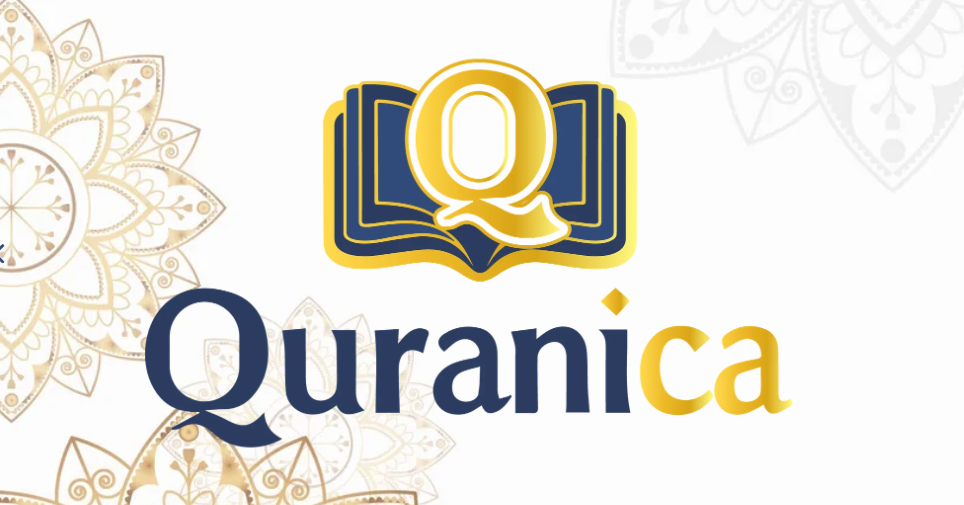
We believe that this sacred knowledge should be accessible to all. With affordable and transparent pricing, Quranica offers a welcoming space for every member of our community. We invite you to explore our specialized online courses:
- Online Quran Classes for Beginners: Take your first confident step into the world of the Quran.
- Learn Quran with Tajweed: Perfect your recitation and beautify your connection with the divine word.
- Hifz Classes for Ladies and Sisters: Join a comfortable and supportive environment designed for sisters to memorize the Book of Allah.
Explore our full range of courses.
Enroll in a class today!
Conclusion
In summary, Ruqyah is a cherished and potent form of supplication, grounded in the Quran and Sunnah, that empowers believers to seek healing directly from its divine source.
The practice is governed by three fundamental conditions: the words used must have a clear and known meaning, their content must align strictly with Islamic teachings and be free of any form of shirk, and the performer must hold the unwavering belief that Ruqyah is merely a means, while the cure is granted only by the will of Allah.
By preparing with purity and sincere intention, placing a hand on the area of ailment, and reciting key verses such as Surah Al-Fātiḥah and Ayat al-Kursi, one engages in this profound act of faith.
Whether performed for oneself or another, the essence of Ruqyah lies in its humility, focus, and complete trust in Allah as the ultimate source of all healing and well-being.
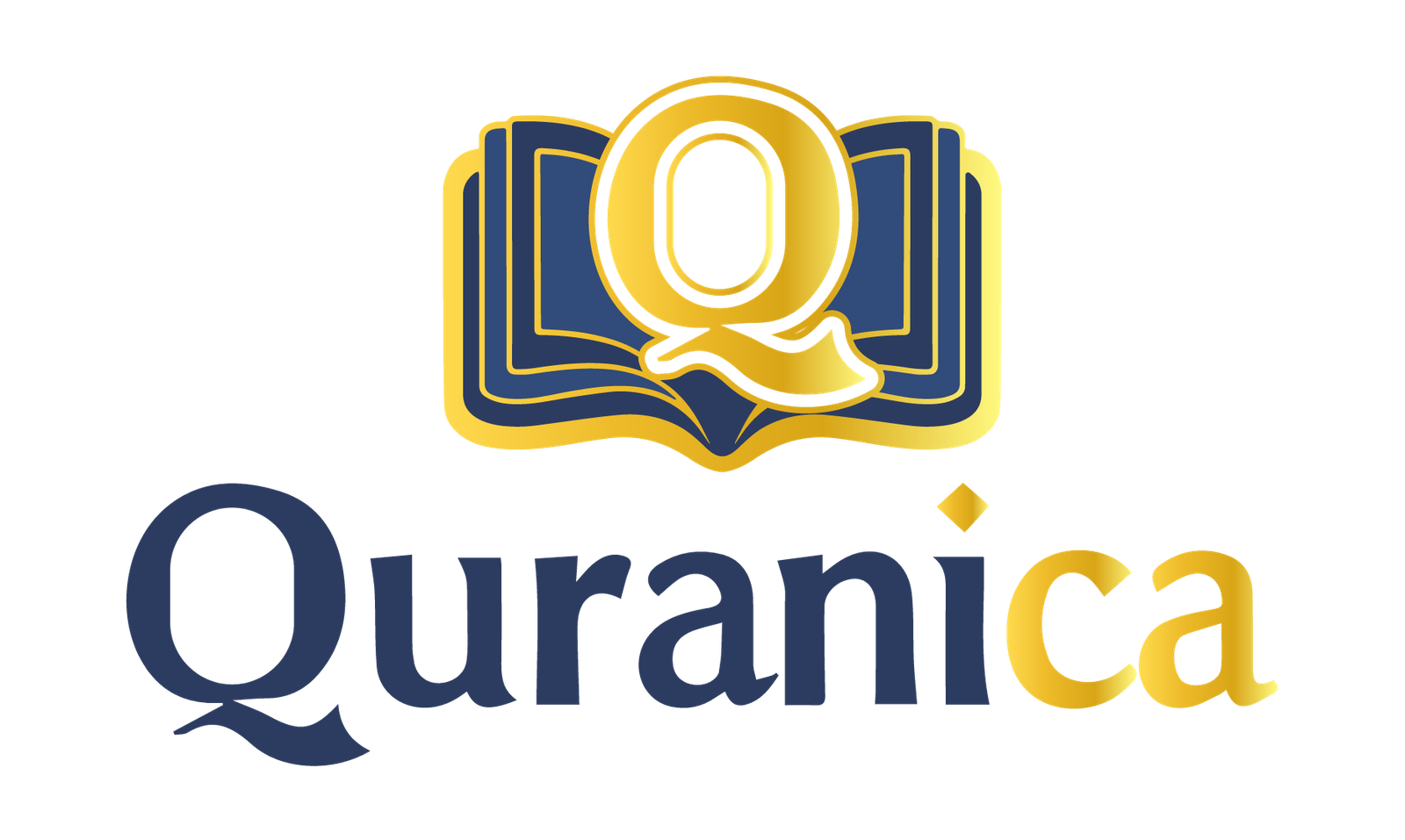
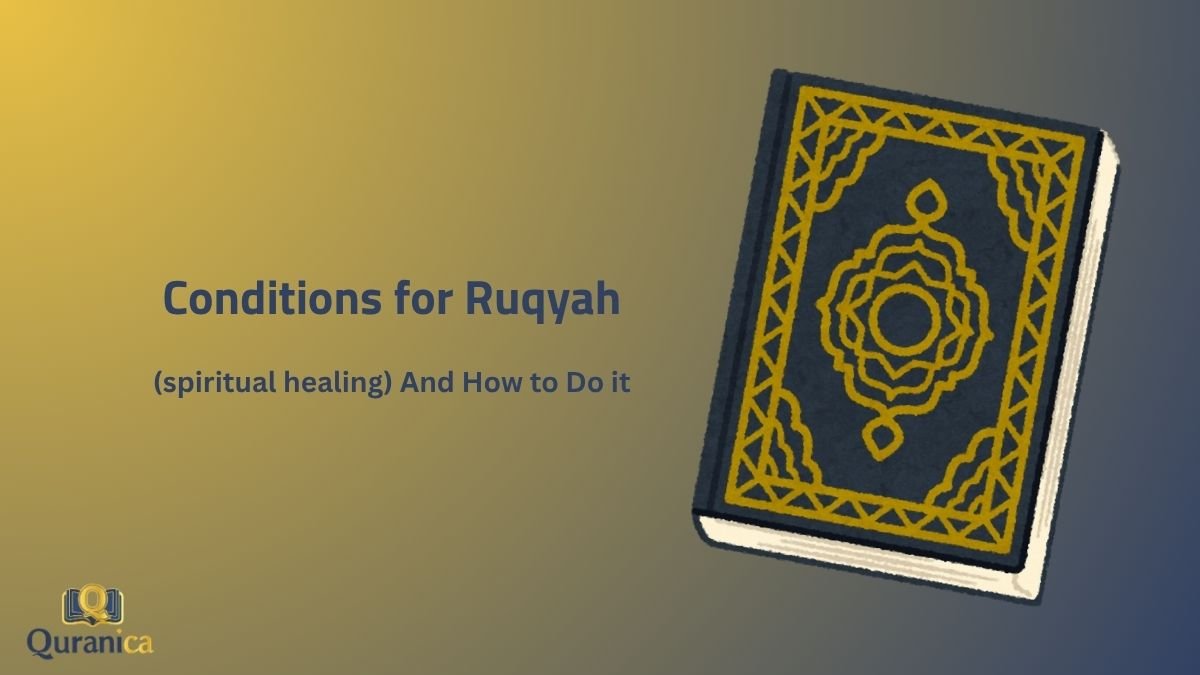


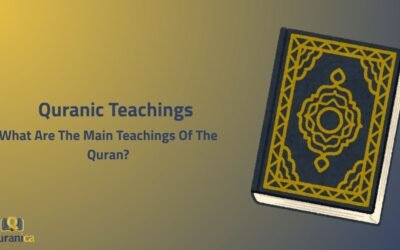

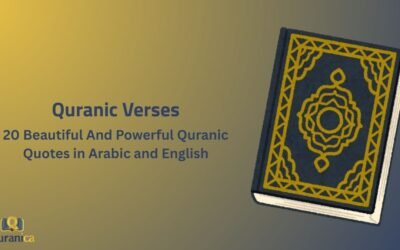
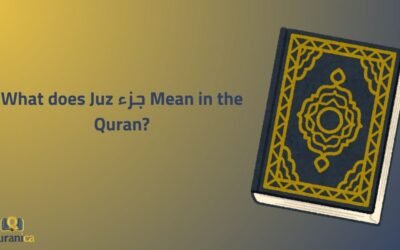
0 Comments